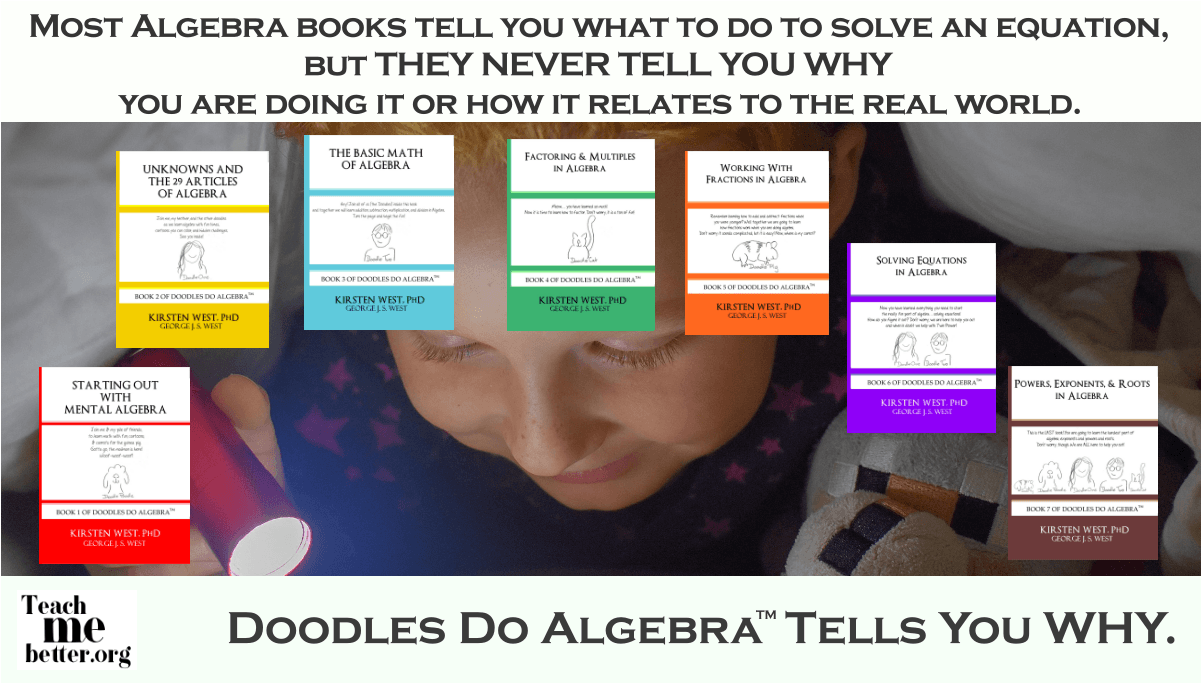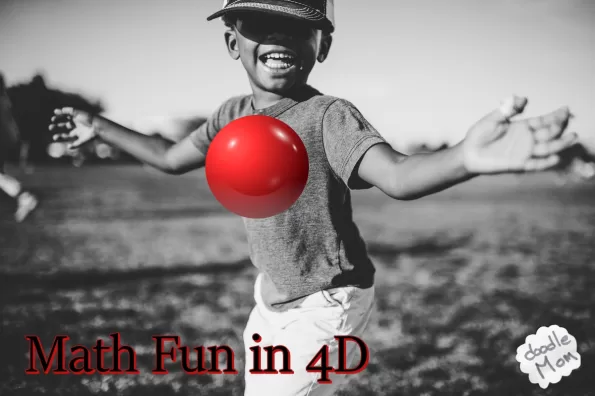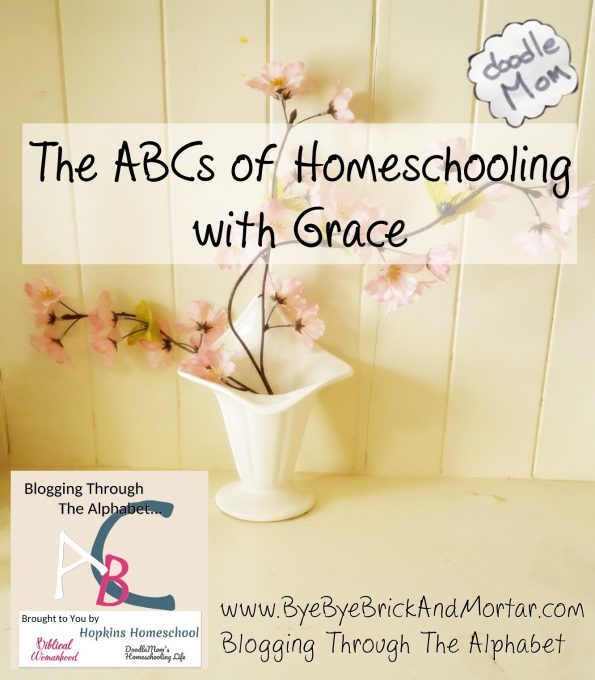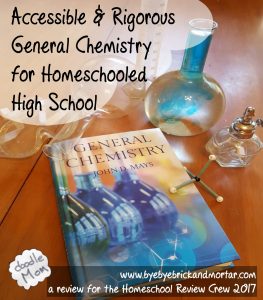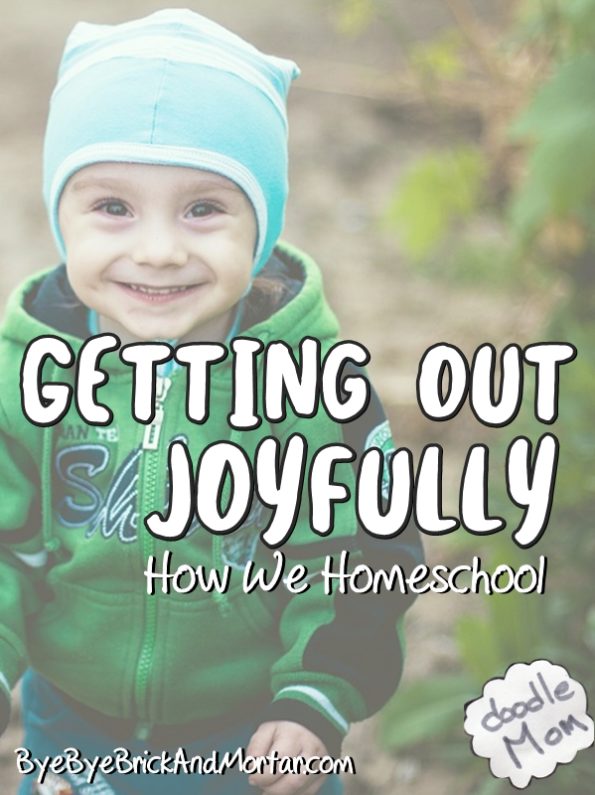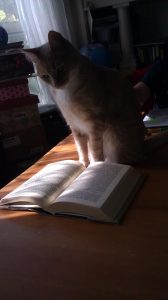 Today my kids learned about optimal historical designs for oil-based street lamps. This may not seem like science to some, but it provides practical application of the component fundamental to all true scientific activities: common sense. Without common sense, the practice of science and technology easily takes you down esoteric paths that generally end in choices between developing something “cool” and maintaining your sense of logic and morality. This is the problem with people mucking about with everything from human genetics to wireless tracking devices (not to mention solar cells which were applied so universally in Germany and without common sense, it seems, that the upcoming solar eclipse will leave the nation largely without power for more than 2 hours in the coming weeks). Where is the common sense?
Today my kids learned about optimal historical designs for oil-based street lamps. This may not seem like science to some, but it provides practical application of the component fundamental to all true scientific activities: common sense. Without common sense, the practice of science and technology easily takes you down esoteric paths that generally end in choices between developing something “cool” and maintaining your sense of logic and morality. This is the problem with people mucking about with everything from human genetics to wireless tracking devices (not to mention solar cells which were applied so universally in Germany and without common sense, it seems, that the upcoming solar eclipse will leave the nation largely without power for more than 2 hours in the coming weeks). Where is the common sense?
Given my desire to teach my children with the words of those in our past who can tell it best, we took the lessons of street lamp design from Benjamin Franklin, as told through the words of his autobiography.
My children love Benjamin Franklin’s autobiography. For two weeks now every time I get a moment to sit quietly and think, a child-voice pops into my train of thought, much like the jack-in-the-box they played with as toddlers, with a, “Will you please read to us? Please? Please? We want to hear more Ben Franklin.”
While I love that my kids crave stories, even those written in old and dense language that forces them to expand vocabulary and increase attention span, I also crave a few moments rest. I begin reading “Ben” in the morning after we finish our daily project and continue until I excuse myself, amidst loud protestation, to make lunch. By the way, lunches have been more and more creative over the last two weeks simply because it is time I can spend to myself thinking.
How does this relate to science? Ben Franklin’s autobiography spans a vast cross-section of life in colonial America and includes a range of political, moral, and (yes) scientific ideas. Everything is presented in context and with (wait for it – ) common sense.
Using this method, my kids’ world grows and they develop an ability to think for themselves using as tools the knowledge we gleen together from the words of others using common sense as the sieve separating the wheat from the chaff. And that is how we do science.


